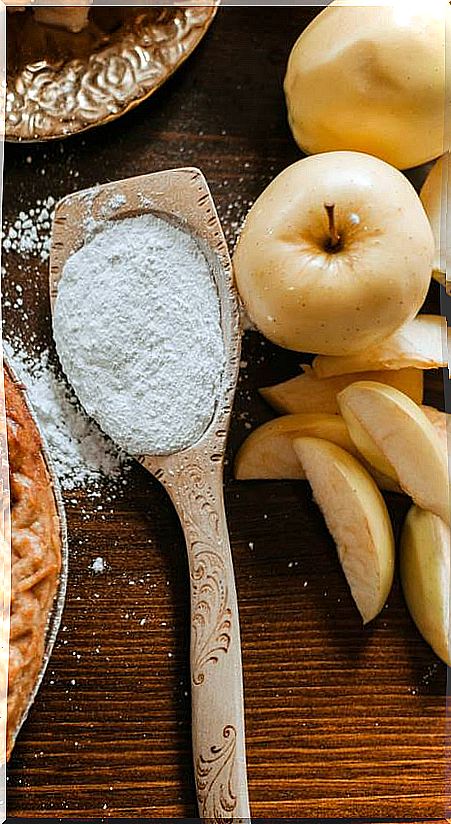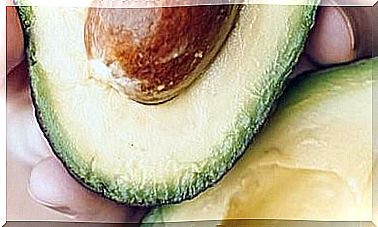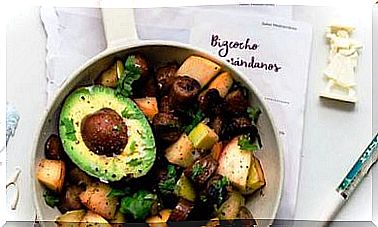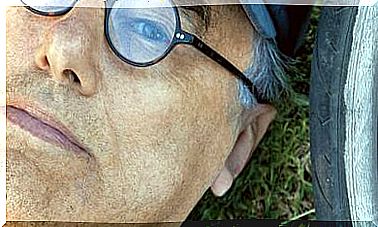Are You Worried About Gluten? We Solve Some Doubts
Eliminating gluten from the diet is a must for celiacs, but the widespread presence of this protein in processed foods raises the question of whether, in general, we should not moderate its consumption.

The wheat is part, along with the vine and the olive tree, the so – called Mediterranean trilogy. These three products, consumed in the form of bread, wine and olive oil, have formed the basis of the traditional Mediterranean diet, today considered very healthy. But a threatening storm cloud is looming over this blue sky: wheat has gluten.
What is gluten and why can it be a problem?
Gluten is a protein complex made up of a network of glutenin and prolamin chains. And where is it located? Among the foods with gluten that have it naturally are wheat and other cereals, such as rye, barley and derivatives of wheat such as spelled, triticale and kamut.
But gluten, as it can be easily and cheaply isolated, is added to many other foods in order to improve its texture and sensory properties, so it can also be in yogurts, sausages, sauces, frozen potatoes, hot chocolate, chocolates, sweets … It is what we could call hidden gluten.
The pharmaceutical industry also uses it, due to its ability to provide viscosity and cohesion.
Now, if it is a protein, where is the problem? The heart of the matter is that proteins have to be digested. Due to its characteristic amino acid composition, gluten resists digestion, which makes it difficult to break into smaller fractions (peptides).
The presence of long gluten fragments in the small intestine, where they undergo transformations, causes an exacerbated activation of immunity in celiac disease.
Celiac disease: a growing concern
Celiac disease is defined as a permanent gluten intolerance in genetically susceptible people caused by the interaction of genetic, immune and environmental factors. The serious repercussions it has on health and the large number of affected people make it a matter of the first order.
From a time here, a question looms in the environment: Is gluten a general problem? In late 2011, in an article about the largest fair for celiac products in the US, the Gluten Free Expo in Sandy, Utah, The New York Times headlined the story asking ” Should we all live gluten-free? “
In recent times there have been voices that advocate suppressing or greatly reducing the consumption of gluten almost in general. Today, the controversy is served; the consensus, no.
What symptoms does celiac disease have?
Celiac disease can manifest itself at any age and symptoms can vary, even a single symptom or none may occur .
Symptoms of malabsorption (diarrhea and bloating) occur in typical celiac disease , which can lead to weight loss and nutritional deficiencies.
How is the diagnosis made?
If there is clinical suspicion with the support of laboratory tests (antibodies or serological markers), to confirm the disease a biopsy of the mucosa of the small intestine is performed in which a characteristic lesion can be seen: atrophy of the intestinal villi.
How is celiac disease treated?
The only treatment that has been shown to be effective is the establishment of a strict gluten-free diet throughout life. The repeated ingestion of small amounts of gluten causes intestinal lesions, although in many cases these lesions are not accompanied by clinical symptoms.
Can gluten make a person without celiac sick?
Yes. Non-celiac gluten sensitivity is defined in people in whom there is evidence that their pathology is caused by gluten, despite having previously ruled out celiac disease and wheat allergy. The problem is confirmed if an improvement is observed when dieting without gluten and a relapse when reintroducing it.
Do all cereals contain gluten?
No. Gluten-free cereals and seeds include rice, corn, sorghum, millet, quinoa, and amaranth, among others. Legumes and other grains intended for food, such as soybeans, lentils, peas, chickpeas or beans, and tubers such as potatoes and sweet potatoes do not contain gluten either .
Do oats have gluten? Why can it cause problems?
There is some controversy. Oats are probably not harmful to the person with celiac disease, but as many products made with oats may contain traces of other cereals with gluten, celiac associations recommend avoiding it if you have the disease.
Is it easy to follow a gluten-free diet?
Following a gluten-free diet is not easy in our environment, since cereals, and especially wheat and its derivatives, constitute a fundamental part of the diet. In addition, 75-80% of manufactured food products contain gluten, when incorporated with thickeners, spices, colorings, flavorings and other ingredients.
Is a gluten-free diet very limiting?
No, a gluten-free diet can be broad, rich, and varied if done right. All natural foods of the different basic groups can be consumed and you only have to avoid cereals with gluten, which can be substituted for others. You have to change your habits, but with good planning there is no risk of imbalances.
What measures have to be taken in the kitchen?
To avoid domestic contamination, it is advisable to store gluten and gluten- free flours and derivatives in different cabinets, use a toaster only for gluten-free products and clean the oven thoroughly if gluten-containing products have been cooked before.
For utensils (pans, cutlery and crockery), normal cleaning is sufficient.
Is eating gluten-free more expensive?
According to the Federation of Celiac Associations of Spain (FACE), a gluten-intolerant person spends an average of 1,500 euros more on food per year. Basing your diet on the different basic food groups and consuming the minimum of processed products helps to avoid a skyrocketing budget.









